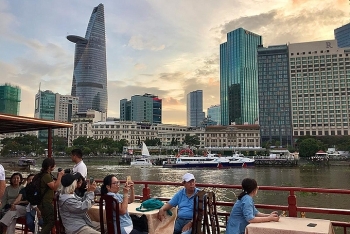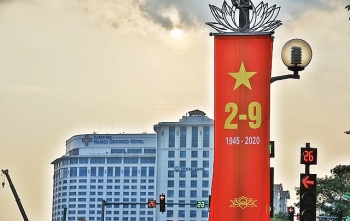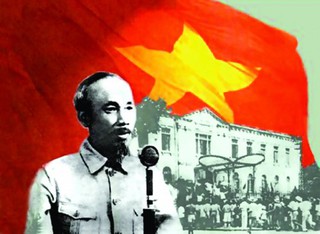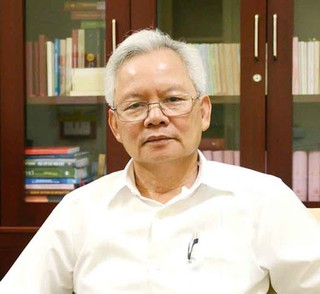Independence Declaration promotes human rights
| |
| President Ho Chi Minh read the Declaration of Independence in Hanoi on September 2, 1945, proclaiming the birth of the Democratic Republic of Vietnam (now the Socialist Republic of Vietnam). (Infographics: Quang Huy) |
Following the victory of the August Revolution, on September 2, 1945 and on behalf of the provisional government, President Ho Chi Minh read the Declaration of Independence before the entire nation, therefore proclaiming the birth of the Democratic Republic of Vietnam, now the Socialist Republic of Vietnam. This Declaration not only affirms the right of the nation and people to enjoy independence, but also contains several great epoch-making values on human rights of all colonial nations worldwide.
President Ho originally wrote the Declaration of Independence on August 28, 1945, at No. 48 Hang Ngang street in Hanoi. Featuring only 1,000 words arranged in 49 sentences, this represents a historical, straightforward, and legal text that not only asserts national sovereignty, but also marks a new era for the nation.
In the opening lines, President Ho cites the 1776 Declaration of Independence of the United States and the 1791 Declaration of the French Revolution on the Rights of Man and the Citizen, affirming that “All men are born with equal rights”. In a broader context, President Ho asserts that human rights are closely linked to the nation’s rights, such as the right to self-determination, independence, and freedom. Due to these influences, his Declaration of Independence aims to promote the legality of human rights.
“President Ho Chi Minh combined two very basic types of rights, the right to national independence and the right to human freedom, into a fundamental right of the nation that is the right to independence, sovereignty, unity, and territorial integrity,” analyses Ass. Prof. Dr. Bui Dinh Phong, a senior lecturer at Ho Chi Minh National Academy of Politics. “The idea was put forward by President Ho in 1945 but it was not until 15 years later, in December, 1960, that the United Nations General Assembly issued a resolution on the Granting of Independence to Colonial Countries and Peoples, and a few years later, in December, 1970, the United Nations General Assembly again endorsed a resolution on the implementation of the 1960 resolution.”
According to President Ho, human rights and national rights have a mutual relationship as they interact with one another. Indeed, an independent nation is a prerequisite to ensuring the enforcement of human rights, and conversely, the positive enforcement of human rights for the purpose of promoting the noble values and the true meaning of national independence. In the later part of the Declaration, President Ho demonstrates the nation’s equal rights that every Vietnamese person is entitled to enjoy.
| |
| Prof. & Dr. Ta Ngoc Tan, Vice Chairman of the Party Central Committee’s Theoretical Council |
Prof. & Dr. Ta Ngoc Tan, Vice Chairman of the Party Central Committee’s Theoretical Council, says preceding generations of Vietnamese have made vast strides, even sacrificing their lives, in an effort to retain the people’s right to live in peace. However, President Ho believed that independence means nothing if people living in a free and independent nation are not happy. In order to meet these expectations, it therefore requires the tireless efforts of the entire Party and nation in order to bring about a better life for local citizens.
Most notably, the Vietnamese Declaration of Independence affirms the sacred and inviolable rights of the Vietnamese people, as well as the unshakable will of the people in the struggle for national independence and defence, Dr. Tan concludes.
Although 75 years have elapsed, researchers affirm that President Ho’s Declaration of Independence also holds theoretical and practical values in the modern era, especially with regard to the issue of national rights and human rights.
“President Ho Chi Minh said ‘All men are born with certain inalienable rights, among these are life, liberty, and the pursuit of happiness’. That is the goal that all countries in the world, not just Vietnam, try to achieve,” says Dr. Pham Thi Thu Huong, former deputy director of the Ho Chi Minh Museum. “To promote human rights, it is our task and obligation to build and protect a socialist, law-governed Vietnamese state of the people, by the people and for the people.”
Professor Shingo Shibata, a famous Japanese historian, maintains that President Ho Chi Minh’s famous dedication aims to develop human rights into national rights.
With the nation gaining independence 75 years ago, the significance of President Ho’s Declaration of Independence remains fresh today in the context of the country striving to accelerate the process of international integration. Upon studying the legal document, every Vietnamese national is more aware than ever of the value of independence and freedom, as well as President Ho’s thoughts on human rights and the rights of each nation. This is therefore the ideal goal that all nations across the globe aim for while leaving no stone unturned.
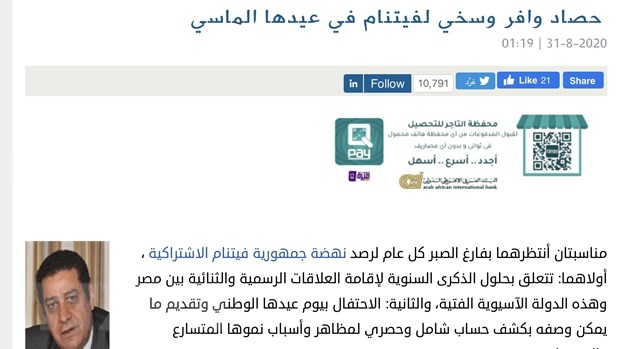 | Egyptian press highly appreciates Vietnam's socio-economic achievements Al-Ahram, the prestigious Egypt-based newspaper has recently published an article titled “The remarkable successes of Vietnam on Diamond Ceremony - 75th anniversary of National Day" ... |
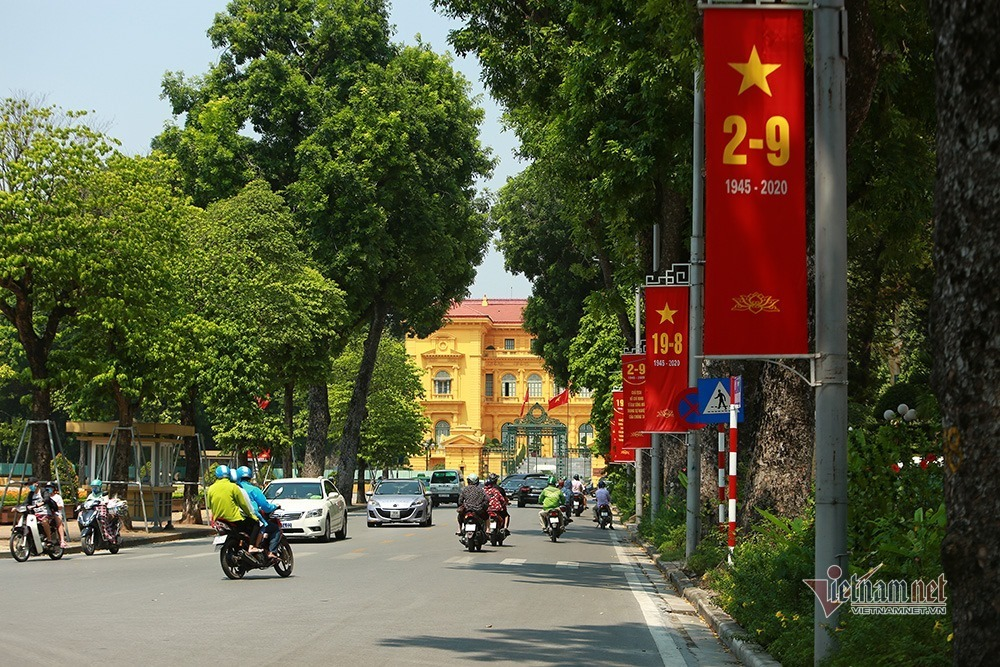 | Vietnam weather: Hanoi celebrates National Day under scorching heat Hot weather will continue to sweep Hanoi capital city on National Day (September 2), with temperature mounting to 37C and the Ultraviolet (UV) index reaching ... |
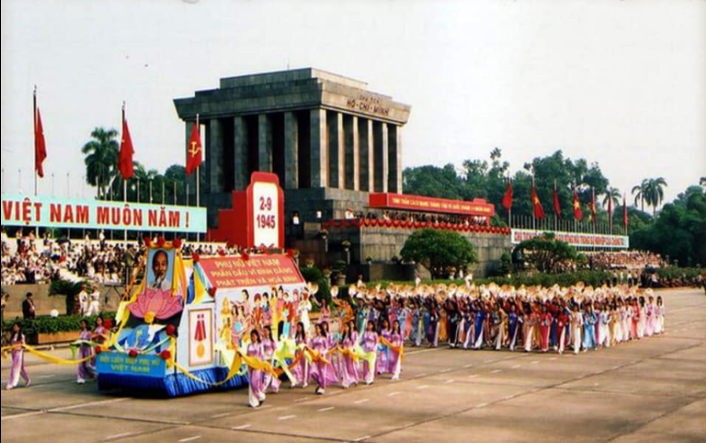 | National Independence Day in Vietnam through the years For every Vietnamese, the National Independence Day is always a proud occasion. Years went by, the historic milestone has been celebrated for 75 anniversaries. Below ... |
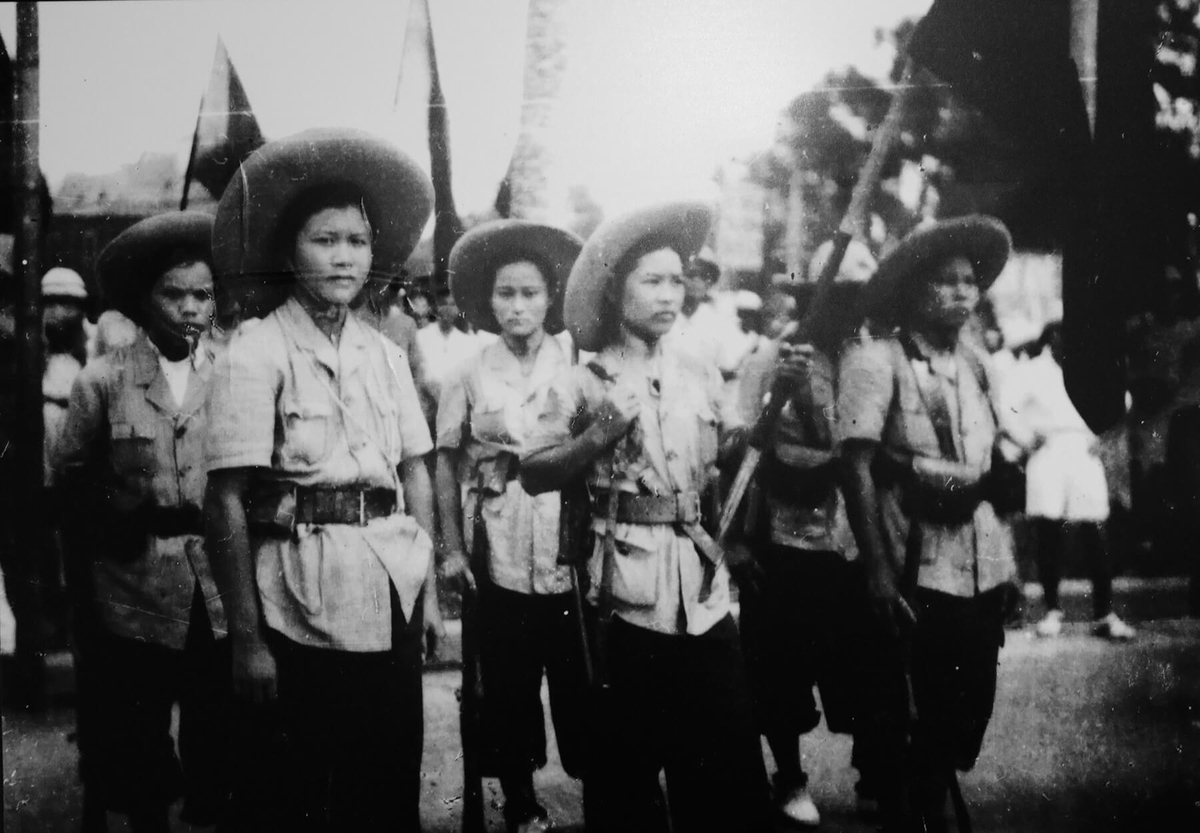 National
National
National Independence Day: Precious documentary photos presented at museums across Vietnam
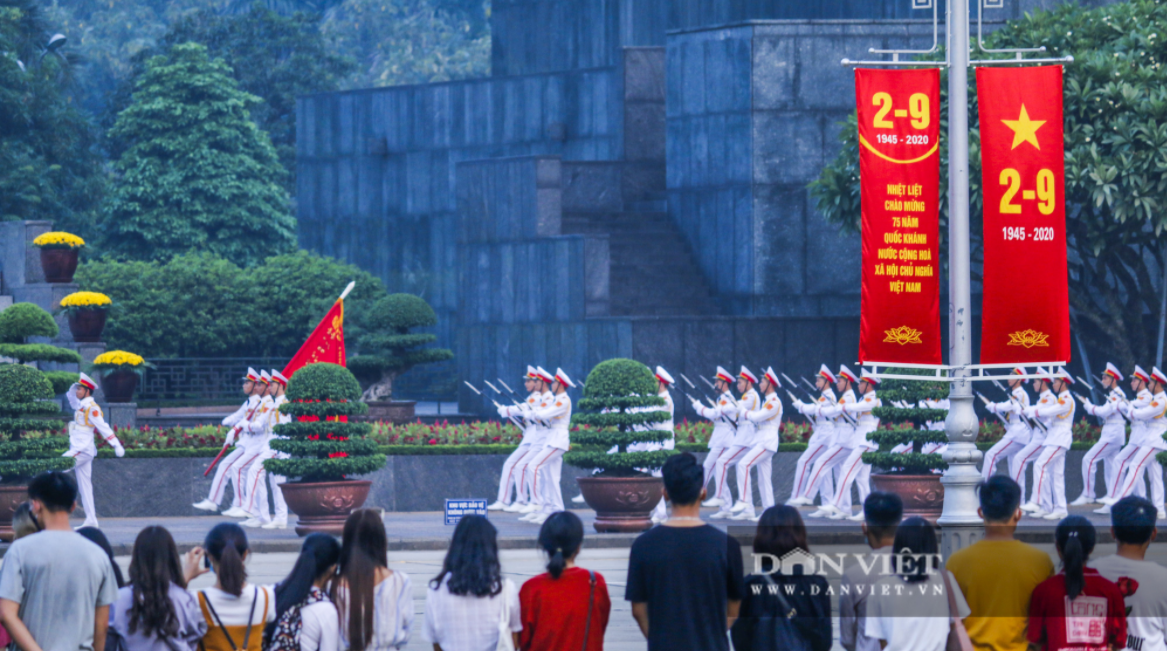 National
National
Citizens gather at Ho Chi Minh Mausoleum to attend flag raising ceremony on National Day
Recommended
 National
National
Vietnam News Today (May 31): Vietnam Strongly Supports Laos’s National Development
 National
National
Vietnam News Today (May 30): Vietnam, Venezuela Reinforce Ties Through People-to-people Diplomacy
 National
National
Vietnam News Today (May 29): Vietnam and Hungary to Expand Cooperation into New Areas
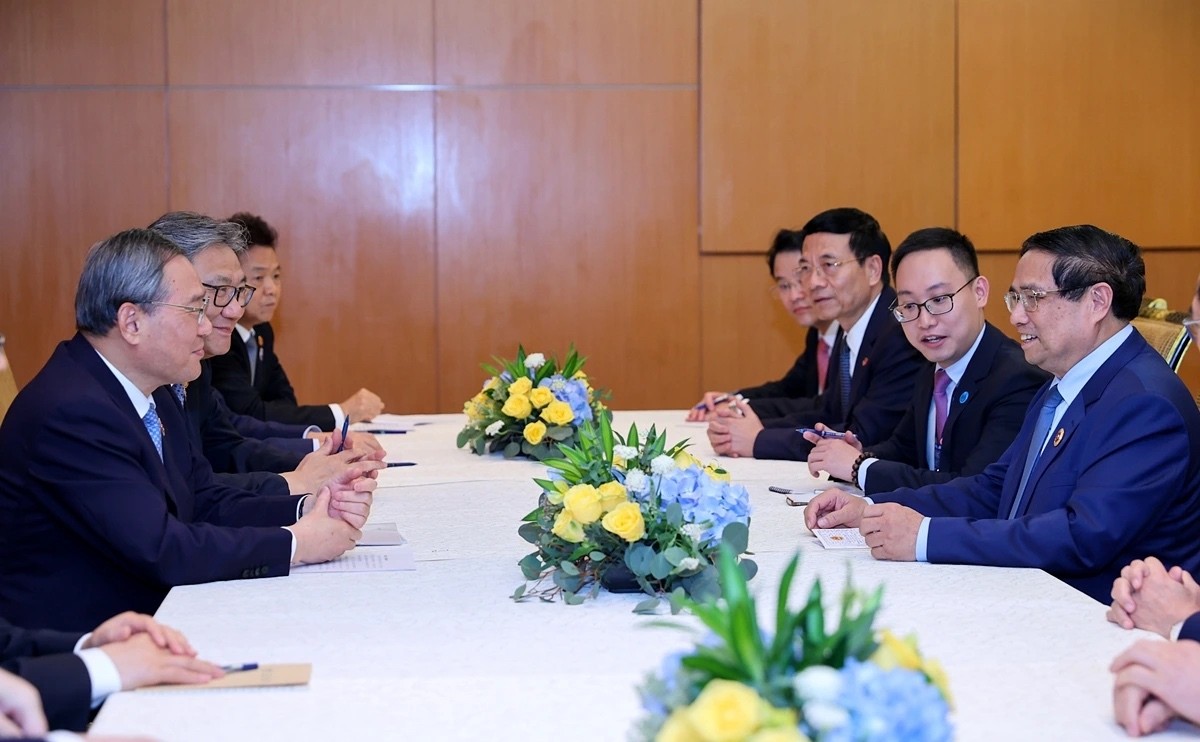 National
National
Vietnam News Today (May 28): Vietnam and China Discuss Strategic Cooperation Orientations
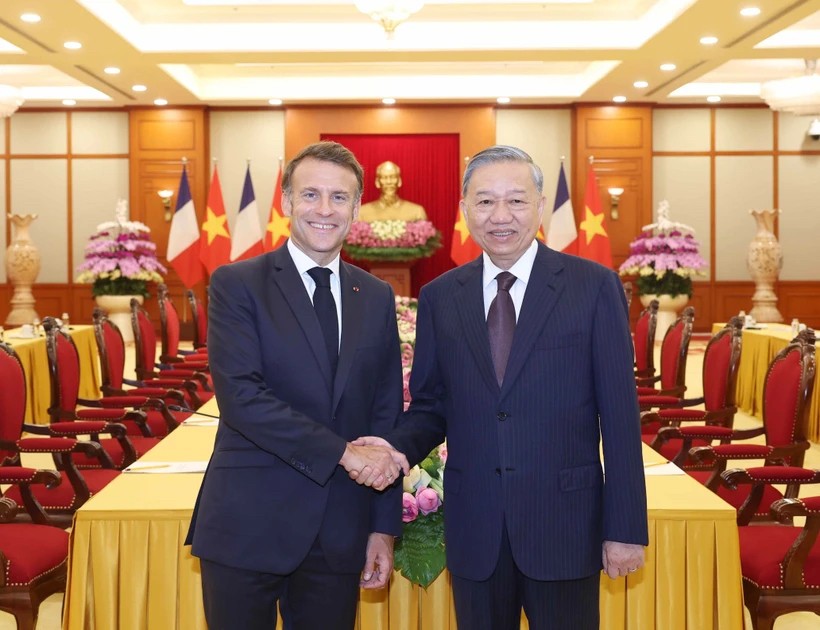 National
National
Vietnam News Today (May 27): Vietnam Treasures Multifaceted Collaboration with France
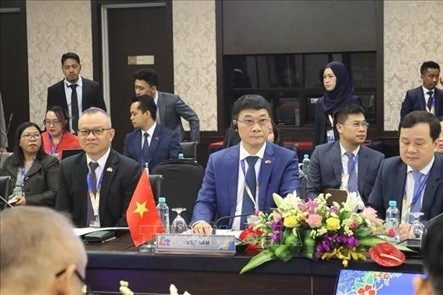 National
National
Vietnam Commits to Building an Inclusive, Sustainable and Cohesive ASEAN
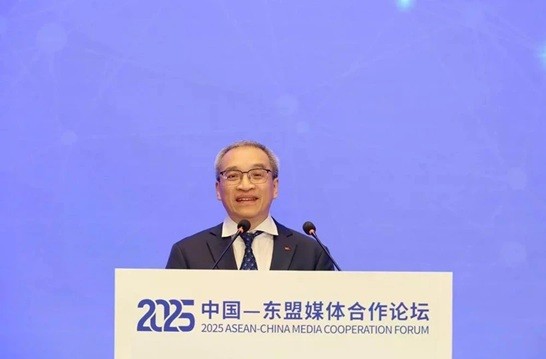 National
National
Vietnam Proposes Vision for Responsible Digital Journalism Cooperation
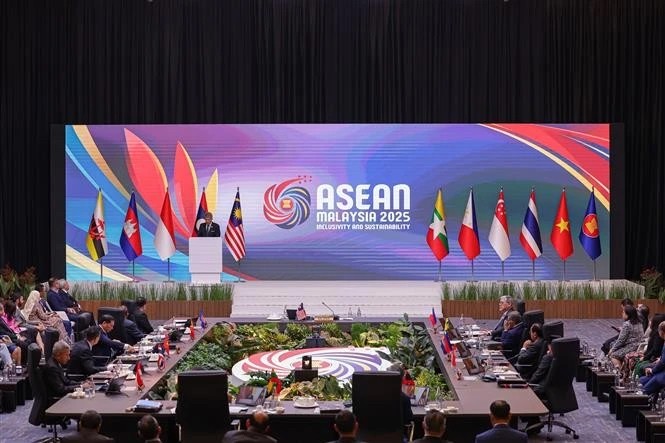 National
National

